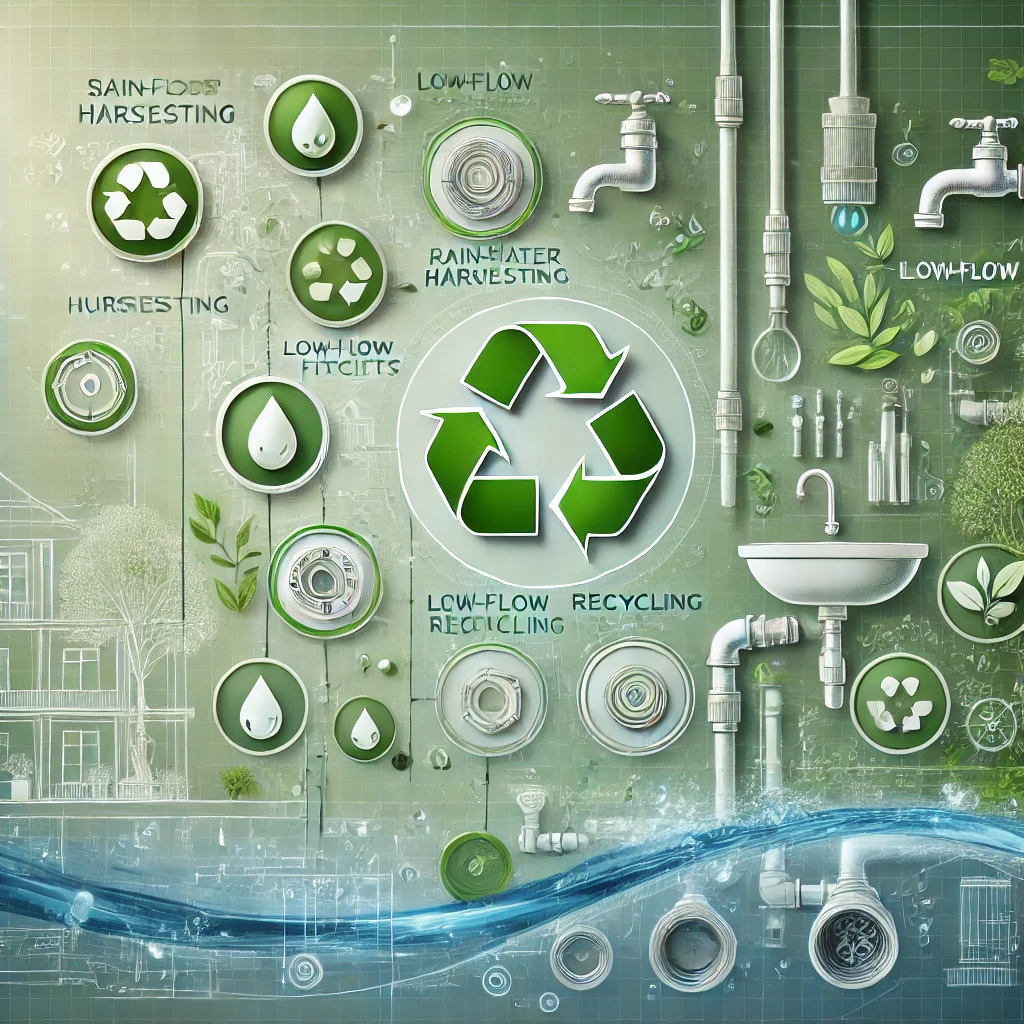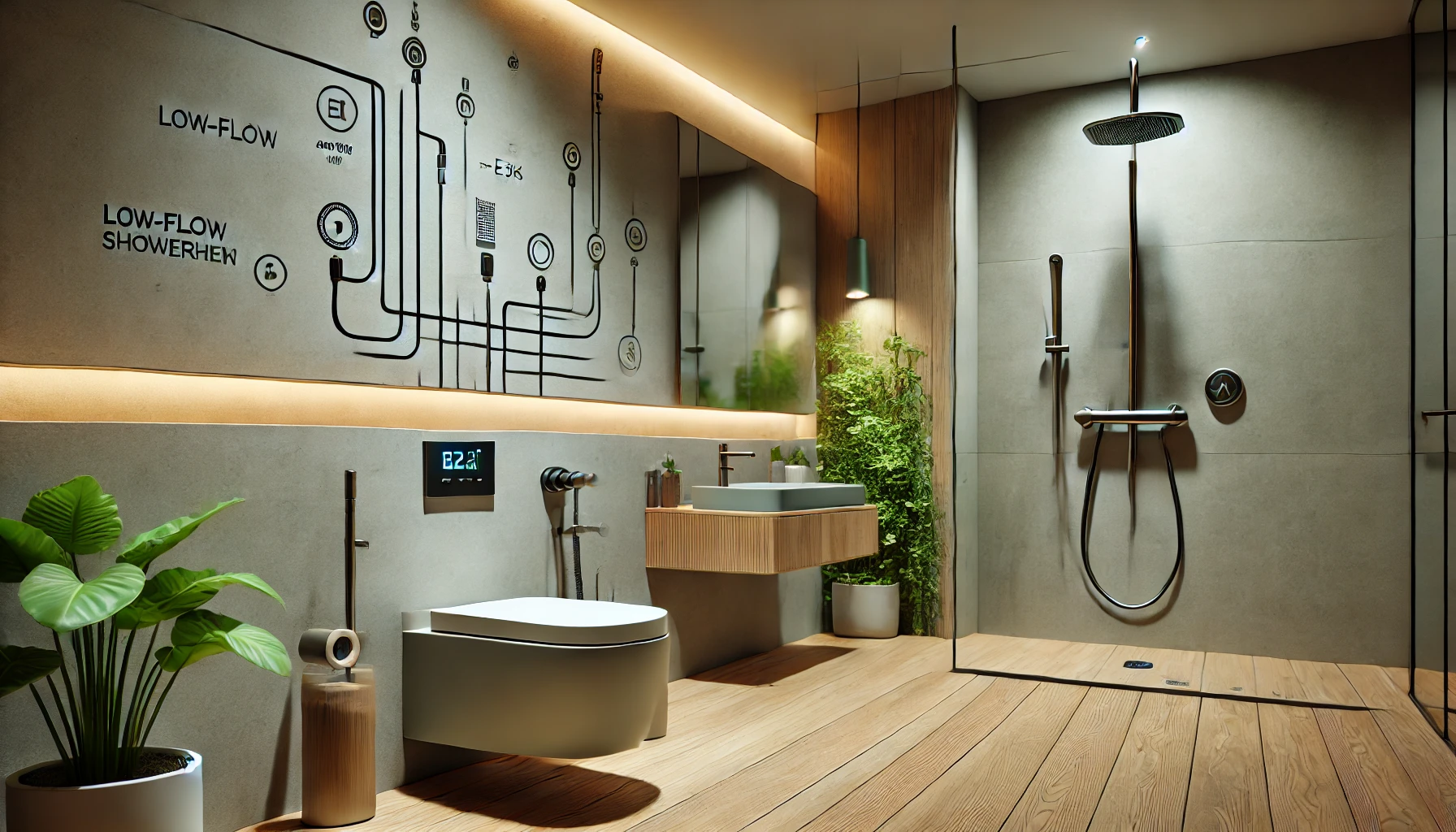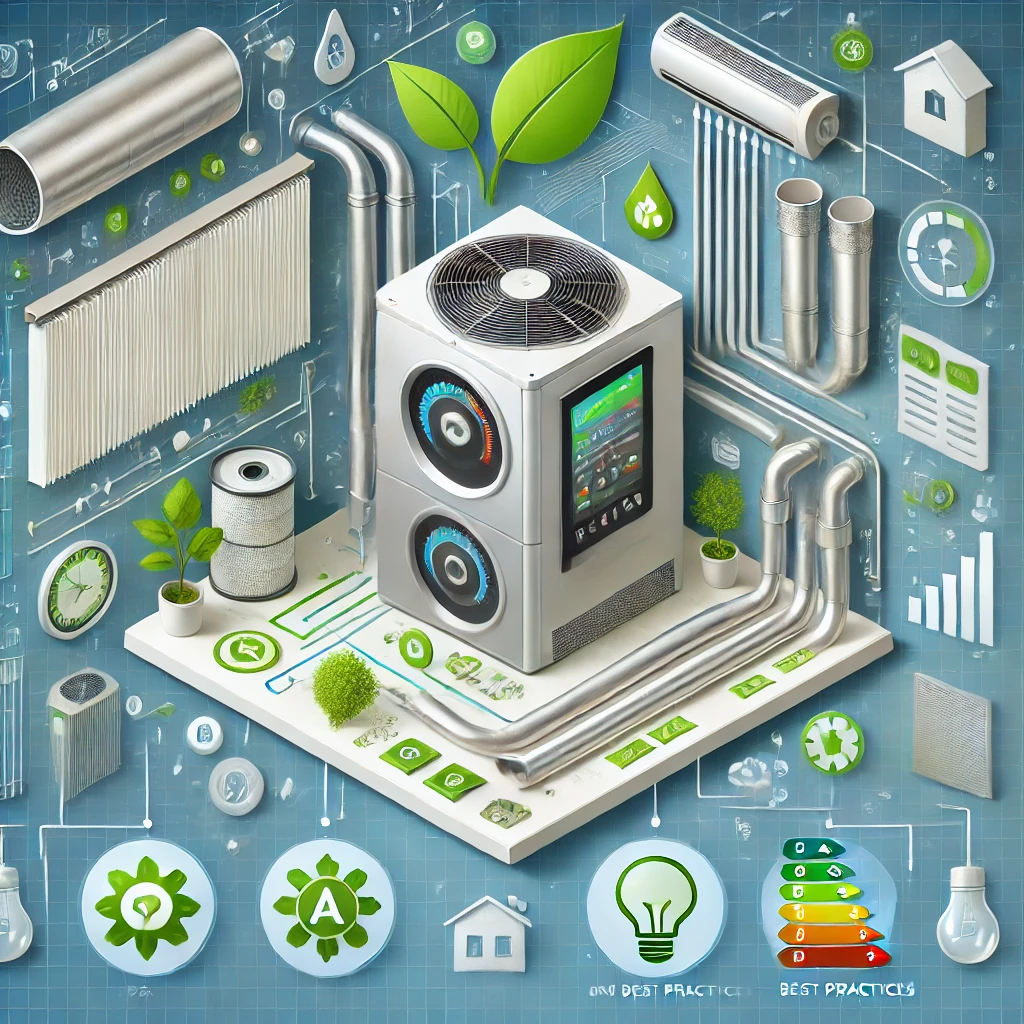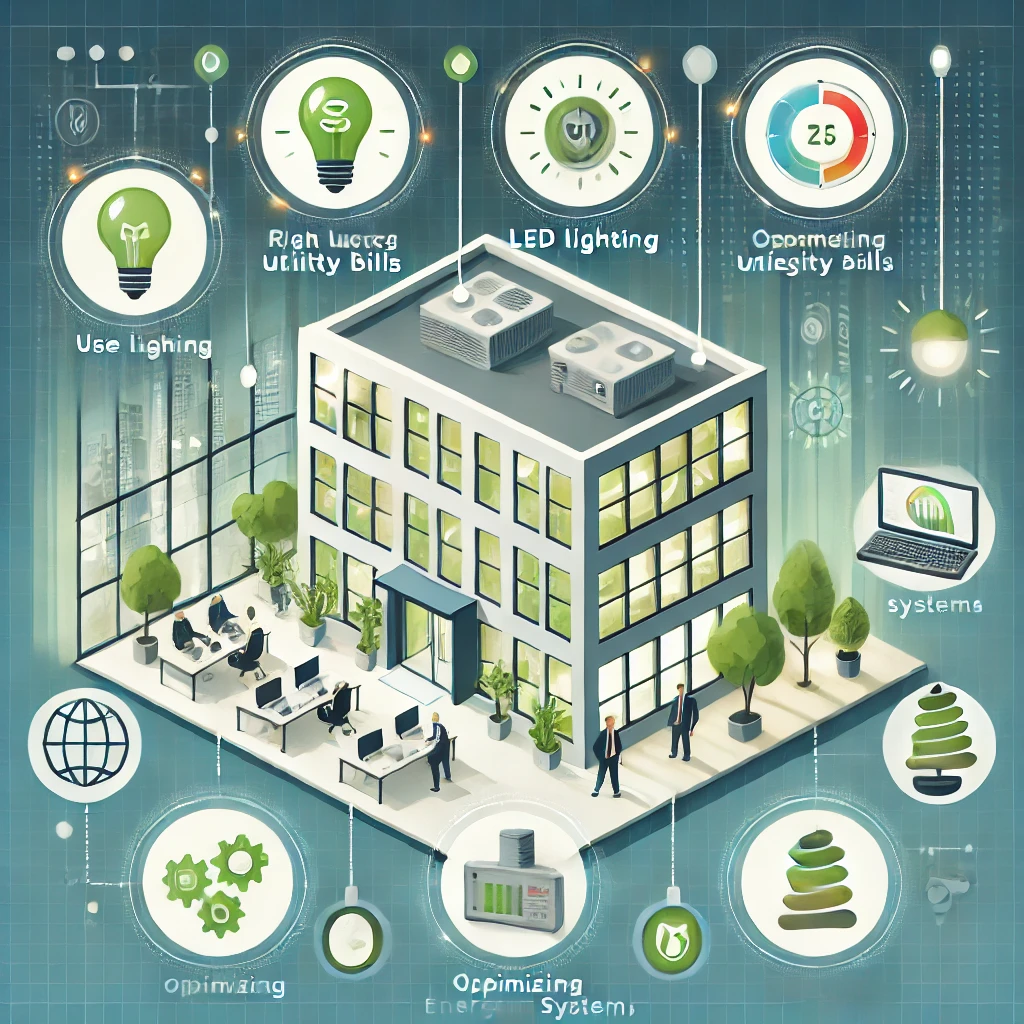Sustainable Plumbing Solutions for Green Buildings

As the push for sustainability grows, the construction and building industries are increasingly focusing on green building practices. One critical aspect of this movement is the implementation of sustainable plumbing solutions. These systems not only reduce water consumption but also minimize the environmental impact of buildings. This blog explores various sustainable plumbing solutions that are transforming green buildings, highlighting their benefits and applications.
Why Sustainable Plumbing Matters
Environmental Impact
Sustainable plumbing reduces the strain on natural water resources, decreases energy consumption for water heating, and minimizes pollution. This approach supports environmental conservation and helps combat climate change.
Economic Benefits
Implementing green plumbing solutions can lead to significant cost savings over time. Reduced water and energy usage lower utility bills, and many sustainable technologies qualify for tax incentives and rebates.
Health and Well-Being
Green plumbing practices contribute to healthier indoor environments by improving water quality and reducing exposure to harmful chemicals.
Key Sustainable Plumbing Solutions
1. Low-Flow Fixtures
Low-flow faucets, showerheads, and toilets use significantly less water than traditional fixtures without compromising performance. These fixtures are designed to maintain water pressure while reducing water consumption.
2. Greywater Recycling Systems
Greywater recycling involves reusing wastewater from sinks, showers, and laundry for non-potable purposes such as toilet flushing and irrigation. This system reduces the demand for fresh water and lowers sewage output.
3. Rainwater Harvesting
Rainwater harvesting systems collect and store rainwater for various uses, including irrigation, toilet flushing, and even potable water supply after proper treatment. This practice reduces reliance on municipal water supplies and promotes water conservation.
4. Solar Water Heating
Solar water heating systems use solar panels to capture and convert sunlight into heat for water heating. These systems are highly efficient and can significantly reduce energy consumption for hot water.
5. Water-Efficient Landscaping
Incorporating native plants and drought-resistant species in landscaping reduces the need for irrigation. Efficient irrigation systems, such as drip irrigation, further minimize water usage.

Case Studies
Green Tower Residential Complex
The Green Tower residential complex implemented a combination of low-flow fixtures, greywater recycling, and rainwater harvesting. These measures resulted in a 40% reduction in water usage and substantial cost savings for residents.
EcoTech Office Building
EcoTech Office Building integrated solar water heating and water-efficient landscaping, achieving LEED Platinum certification. The building’s sustainable plumbing solutions contribute to its overall energy efficiency and environmental performance.
Challenges and Solutions
Initial Costs
The upfront cost of sustainable plumbing systems can be higher than traditional systems. However, the long-term savings and potential incentives often offset these initial expenses.
Maintenance
Sustainable systems may require specialized maintenance. Training for building staff and regular inspections can ensure these systems operate efficiently and effectively.
Conclusion
Sustainable plumbing solutions are essential for the development of green buildings. By reducing water consumption, lowering energy usage, and minimizing environmental impact, these systems contribute to a more sustainable future. As technology advances and awareness grows, the adoption of green plumbing practices is likely to become standard in building design and construction.
Category:



